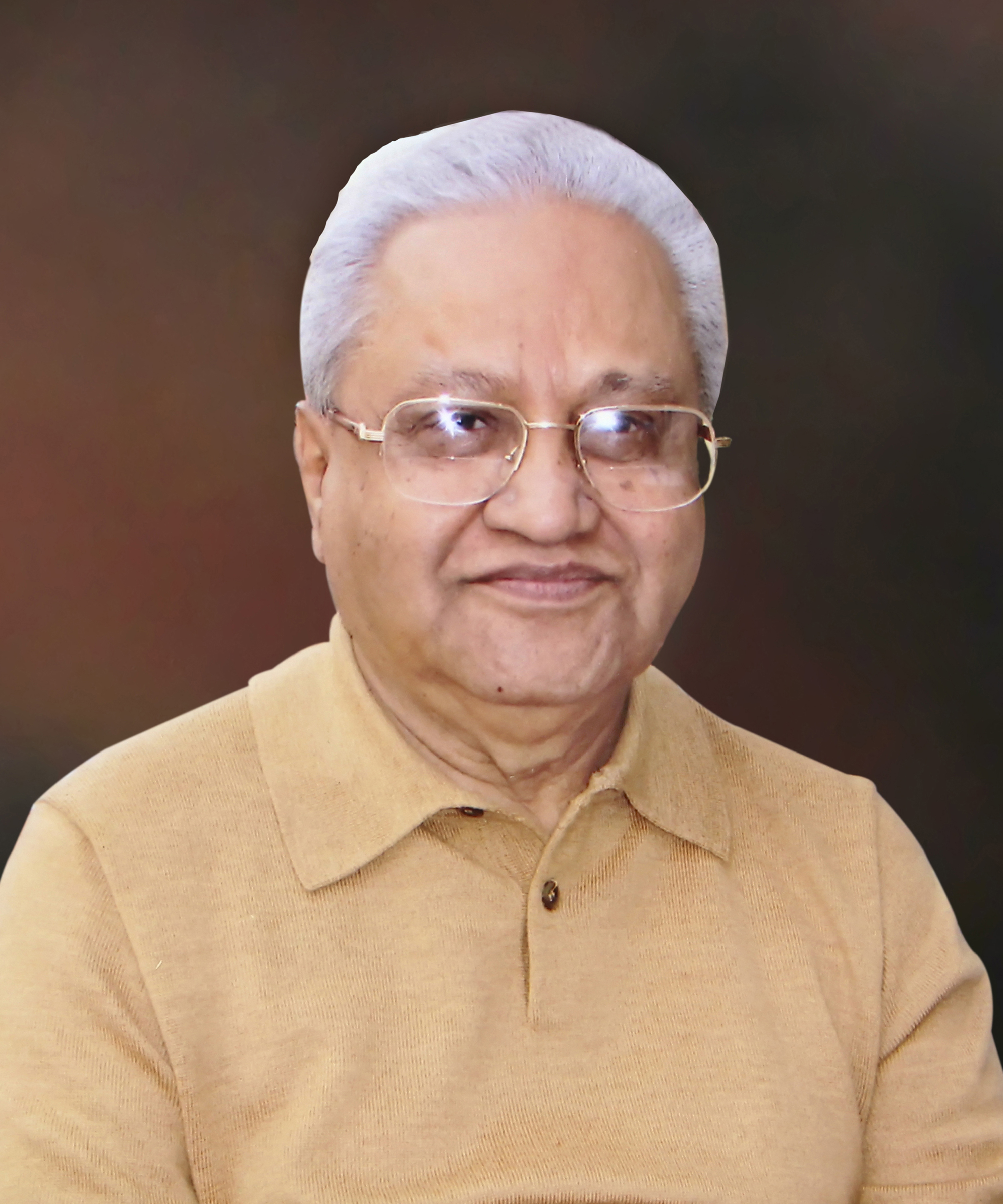Recognizing that there is a clear and moral need for a systematic, sustained reform of mental health provision in Bangladesh, the Innovation for Wellbeing Foundation (IWF) was established in 2015 as a vehicle to introduce an integrated model of wellbeing for addressing poverty, inequality and injustice, particularly in the mental health arena.
Mental illness is a pressing concern for societies worldwide. Around 450 million people suffer from mental health problems in the world and it is the fourth highest cause of death in global indexes. Depression, a serious and prevalent mental illness, is the second leading cause of disability worldwide. In Bangladesh, the 2003-2005 national survey suggests that 16% adults and 18% children suffer from mental illness. Compare that to around 200 psychiatrists, 50 clinical psychologists and 800 beds dedicated to mental health services in the state level. Altogether they cover only 1% of the estimated needs and the treatment is predominantly based on medical models. Despite additional mental health services provided by Non-Governmental Organizations and private clinics, the response to mental illness in Bangladesh is nowhere close to the extent needed.

1. Raise awareness of mental health and reduce the stigma and discrimination experienced by people with mental health problems through dialogue, provision of learning opportunities and effective media and social marketing at a community level.
2. Establish a therapeutic community for people with mental health problems functioning as a beacon of hope and optimism for a more inclusive society.
3. To design and deliver a programme of research and activities that contribute to the development of an evidence-base for culturally-appropriate community-based mental health and well-being interventions.
4. To work in collaboration with, and as an advocate for people with mental health problems to contribute to improvement in public policy and service provision.
5. To deliver, and support the development of an infrastructure for the delivery of community-based mental health services (including psycho-social support).

This is a story of personal suffering as a father dealing with a son's bipolar disorder to create awareness and understanding of mental healthcare. It is a kind of brain disorder that causes unusual shift of mode of activities that is different from normal up and down which everyone goes from time to time. Bipolar disorder symptoms can be resulted in damage of cognition, poor functioning and even suicide. This disorder generally appears in late teens or early adult periods. At least half of all cases start before the age of 25. Again, some people face this in childhood which happened to my son. Bipolar disorder is not easy to identify. Like diabetics and heart diseases, bipolar disorder is a long-term illness. It must need to be carefully managed and treated throughout the victim's life. I have been seeking support for treating my son from home and abroad. Very unfortunately I am still looking for appropriate and long-term solution for my son's rehabilitation in my country. Further to this, given the problem is a life-long need, and management is very expensive I feel despair when I think what will happen to my son after my death. I am not alone as statistics says. I am also concern about those who are coming from a poor socio-economic background.
As an action of solidarity with the goal of Innovation for Wellbeing Foundation to work towards mental health literacy, and improved access to comprehensive bio-psycho-social model of mental health treatment and care services, I have joined the cause as the Chairperson of the Board of Directors. I hope you will join our hand in bringing change in policy and practices and reduce the stigma associated with mental health in our society.

Mr. Monowar Ahmed
CEO & Lead Consultant
Monower Associates
Monira Rahman is an award winning human rights defender and mental health advocate. She is an Ashoka Fellow (https://www.ashoka.org/en-BD/fellow/monira-rahman).
Her leadership role in tackling acid attack in Bangladesh and making a model for the world for combating acid violence has been recognized by the Amnesty International, Americans for UNFPA, World’s Children’s Prize and the French Government.
From her 15 years of successful experience at the Acid Survivors Foundation, she has established a new organization named Innovation for Wellbeing Foundation (IWF) in 2014 to promote mental health equity for sustainable development.
Monira is also the founding member of the Bangladesh Mental Health Network (BMHN), the first and only platform for all stakeholders to work together on mental health issues in Bangladesh. IWF acts as the secretariat of the BMHN.
In the year 2015 with the support of MHFA England, she has established Mental Health First Aid Bangladesh Chapter to raise mental health literacy in the country. Mental Health First Aid is an Internationally accredited training program first developed in Australia currently being adopted by 25 countries including Bangladesh. Innovation for Wellbeing Foundation is the sole license holder for MHFA program in Bangladesh. Monira also initiated a 10-week long training program on an Introduction to Systemic Family Therapy Core Concepts in Bangladesh in the year 2018, with the support of Alison Buttefield, a registered Family Therapist in the UK.
Both MHFA and Family Therapy Training program is pioneer, innovative and successful training for Bangladesh.
In 2017, she received an award from A2I and developed a web based platform for mental health support. This digital platform for mental health information services was first of its kind initiative from the government of Bangladesh.
Monira is currently representing as a member of the advisory panel of Commonwealth Alumni Association.
Contact detail : Monirarahman65@gmail.com,
Phone: +8801713035019

Monira Rahman
Founder & Executive Director ,
Innovation for Wellbeing Foundation.
Country Lead,
Mental Health First Aid Bangladesh .